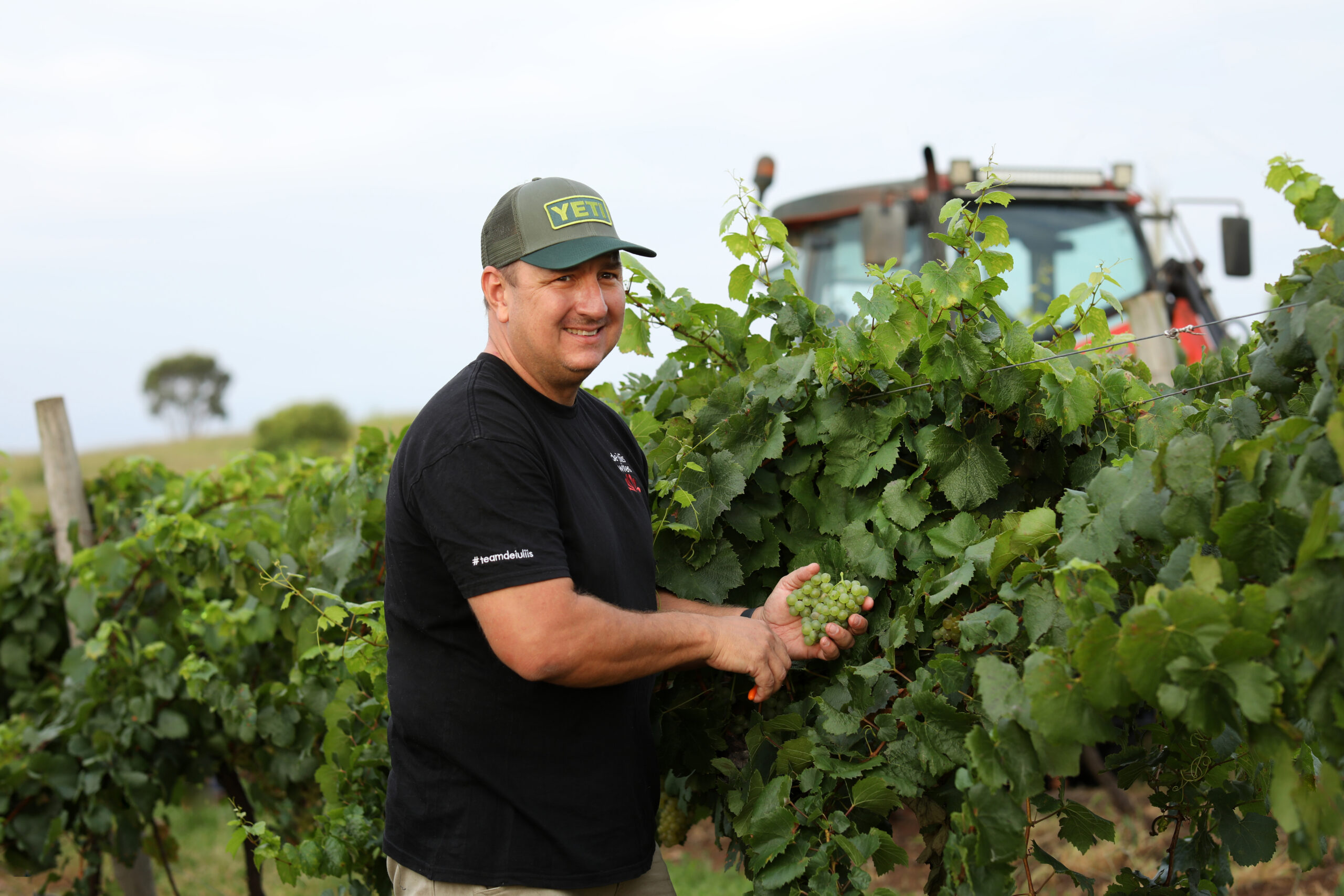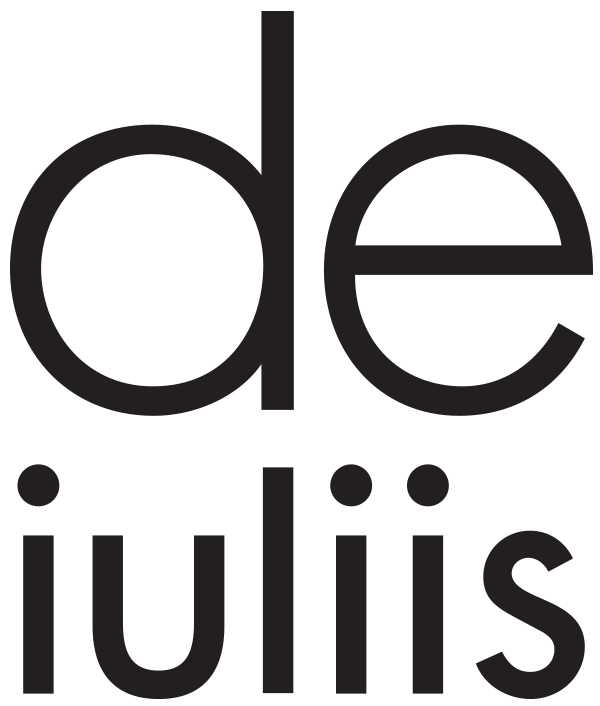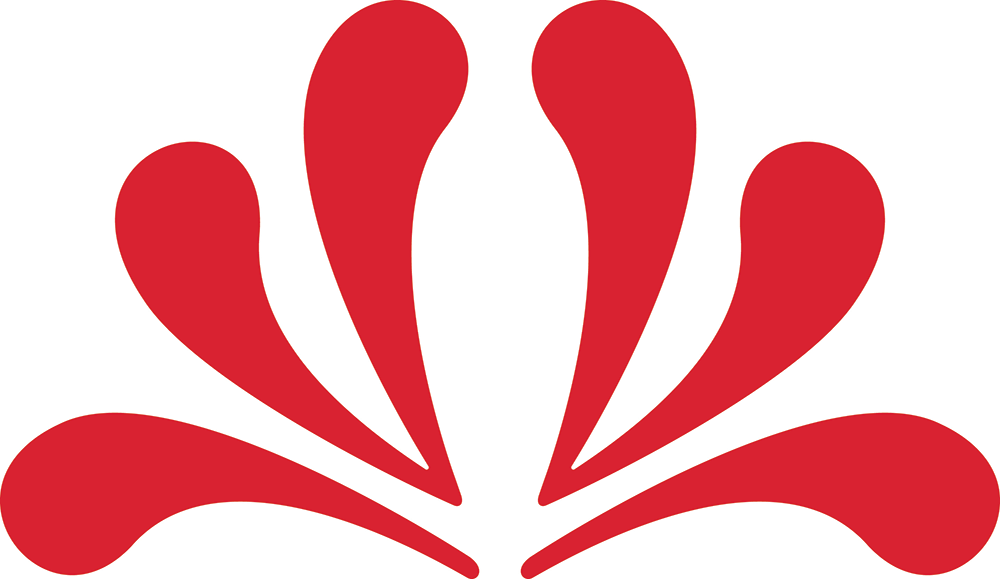
The Hunter Valley is know for producing high-quality, traditional and consistent wines, but there’s a new wave of producers pushing the boundaries to deliver wines of innovation, too.
The Hunter Valley is a region that has built its reputation around relatively traditional winemaking, signature varieties, family values, and doing what’s been perceived as ‘what the Hunter does best’ for over a century. Fast forward to the 2020s, some 150 years after the region’s inception, and there are some exciting developments. We’ve seen some new entrants to the market, traditionalists challenging the norm, young blood bringing more responsible farming and winemaking practices and worldly experience into their businesses.
Over at De Iuliis, where tradition has played a significant role in its formative years, sustainability has long played on chief winemaker Mike De Iuliis’s mind. He admits that the viticultural and farming practices are intrinsically linked to a long-term generational mindset. But where Mike will argue that he differs, is that there is a genuine need to ensure the environment is adequately cared for in this lifetime and for future generations.
“Our family vineyards are a mixture of iconic Hunter varieties, and some alternate varieties that we’ve planted in recent years. We’ve picked the alternative varieties, including pecorino, touriga and montepulciano, as they are more suited to the extreme weather patterns. As climate change continues to increase our summers – these varieties thrive in a warm, Mediterranean climate like the Hunter. By choosing to grow varieties that are suited to the climate we can minimise the risk of disease and struggle in the growing season, which helps eliminate the need for harsh chemical sprays.”
With a firm belief that great wine starts in the vineyard, De Iuliis has eliminated the use of herbicides by using an undervine cultivator, composting grape skins in between rows, using fine lime to replenish microbial eco-system and deep-rooted cover crops to aerate soil.
“For the last five years we’ve been using biochar across our vineyards. Biochar has the capacity to be an immediate solution to reducing the global impact of farming. It’s fascinating that biochar can store the carbon produced by burning pruning material and the natural decomposition of agricultural matter in the ground, thus allowing for significant reduction in greenhouse gas levels. It’s also proven that its presence in the vineyard can improve water quality and increase soil fertility,” Mike says.
In the winery where there is a heavy reliance on water and power, they’ve invested in solar panels and tanks for water storage. A hefty upgrade of the refrigeration plant and wastewater system has seen energy consumption reduced by 50 per cent and 30 per cent respectively.
The cellar door which was built by architect Lionel Glendenning, more than 20 years ago, was designed with sustainability in mind. The double glazed windows are positioned to capture sunlight and reflective heat for winter and to avoid the glaring sun in summer. Mike says De Iuliis only use Australian produce and Australian-made cleaning products at the cellar door.
“While there is still work to be done, the next achievement on our sustainability journey will be certification for our vineyards and winery through Sustainable Winegrowers Australia. We are committed to our ongoing sustainability journey and are always open to new innovations at De Iuliis,” Mike says.
To read the entire article head over to Halliday Wine Companion.

